#dragon's drafts
Text

The night of the fire we had caught the thing worming its way out of the well, crude oil spilling from those screaming, wretched jaws like liquid gold.
10K notes
·
View notes
Text
BITCHES WISH THEY WERE ME (im going to work on my hal pants this weekend!!!!!! very exciting)
heres the dinky mockup of what theyre gonna look like
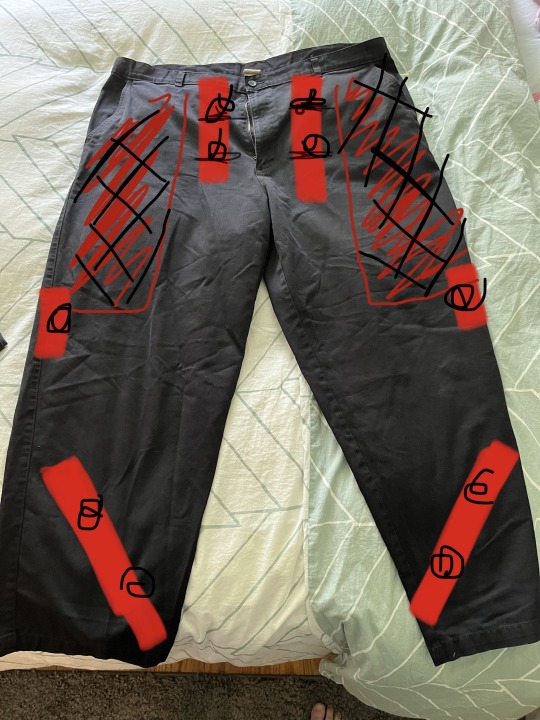
#dragon's discussions#dragon's drafts#the brighter red are going to be strappies with d rings and studs on them#the top strappies are going to have dangly straps that link to the back as well#and then im going to go over the seams with red thread to make them pop#the darker red is going to be canvas fabric and some black netting on top#I AM SOSOSOOSOSO excited#im making a mask too to get the non organic face look ((and also not to do makeup teehee))#i foundan awesome sweater at the thrift store the other day which is goiing to work great#so now i just have 2 order or find pointy sunglasses#a blond wig ((and learn how to style wigs T-T))#and potentially a pair of converse (red or black i guess) and some leather fingerless gloves#i am SO PUMPED
1 note
·
View note
Text
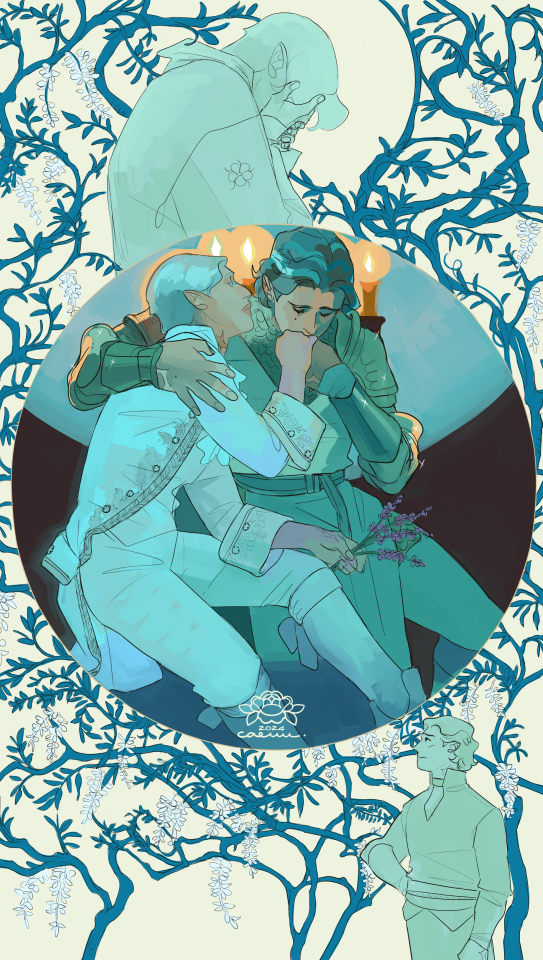
---
#dnd#dungeons and dragons#artists on tumblr#art#ocs#marsilio#had this redraw in mind for a while#mid pose is from “Paolo and Francesca” by Frank Dicksee (1894)#another couple that ended well............#old piece thats been sitting in my drafts
1K notes
·
View notes
Text
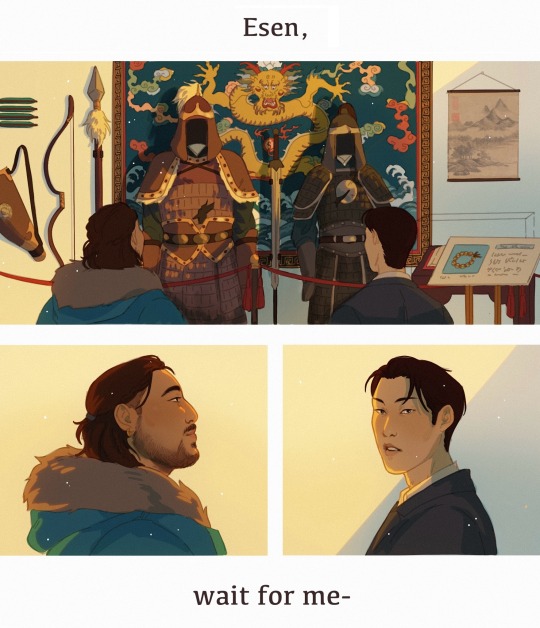
one day, in a thousand years
#I THINK I HAUVE COVID#oh to meet your love after a thousand years at a museum exhibit of your past lives#thinking about them makes me so sick so ILL DISEASED#I AM NOT IMMUNE#spc i’m cursing u forever for this wtf. WTF bro wtf#ouyang’s last thoughts were a desperate plea for esen to wait for him.#he has NEVER called him by first name he has NEVER asked him anything#and his last thought is asking him to wait#and esen does. bc he would have given ouyang anything he asked for#god i hope u get rawed so good it makes up for all the lost lifetimes u earned it#he who drowned the world#she who became the sun#the radiant emperor#general ouyang#esen-temur#(zhu also present in the golden imperial dragon and the golden light of gayness that brought them together again)#my art#not super proud of how it turned out tbh tbh it looks better in my head 😔😔#would’ve stayed in the drafts if not for my need to feed this 4 ppl fandom#and if not for robin motivation nfngdjfb ty kissa you forever#id in alt text
3K notes
·
View notes
Text
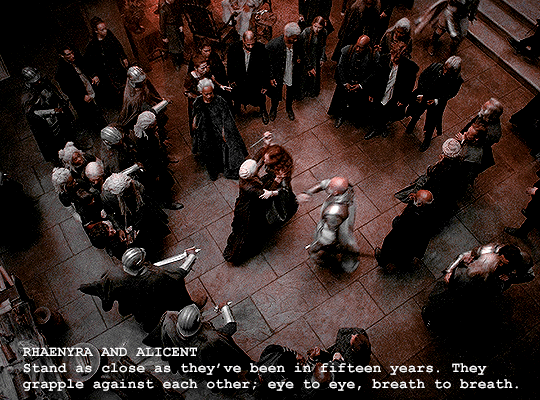
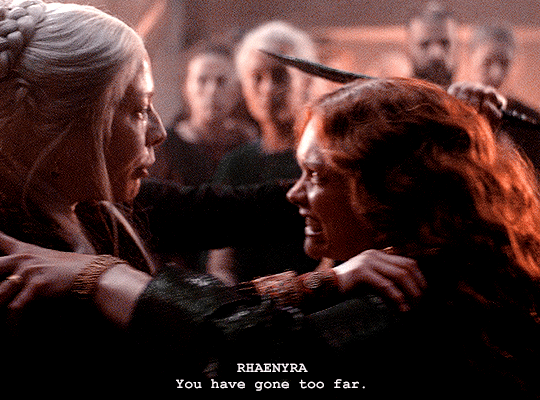

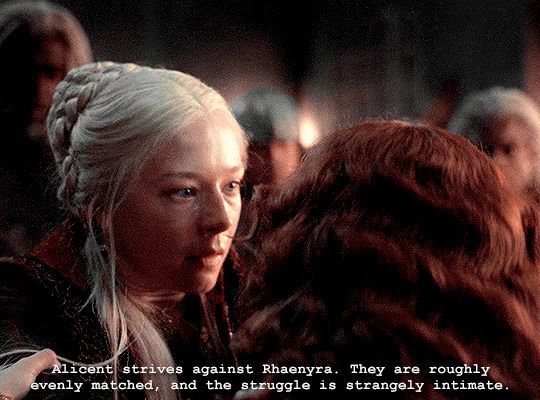
HOUSE OF THE DRAGON (2022–)
“Driftmark” written by Ryan Condal & Kevin Lau
#house of the dragon#hotd#hotdedit#houseofthedragonedit#rhaenyra targaryen#rhaenyratargaryenedit#alicent hightower#alicenthightoweredit#rhaenicent#rhaenicentedit#tvedit#wlwedit#gameofthronesdaily#userbecca#tusererika#tusereliza#useraish#underbetelgeuse#userhella#mine*#had this in my drafts for an embarrassingly long time but figured i'd finally post it since ppl seem interested in the scripts again#the coloring is wack as per usual for this scene but i tried my best
2K notes
·
View notes
Text

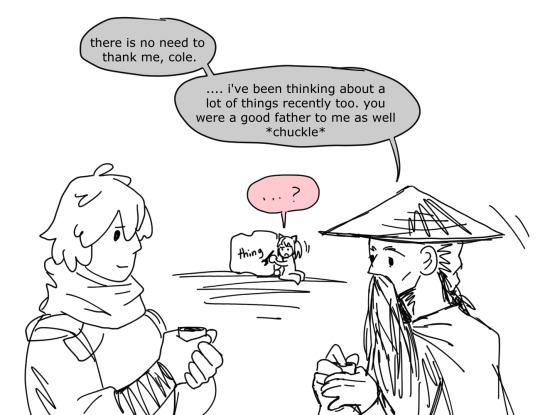
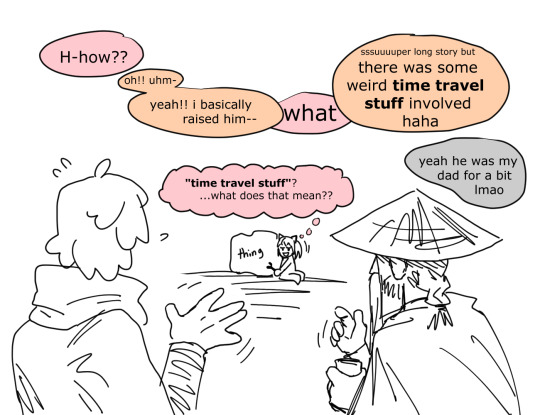

extremely dumb comic detailing a small misunderstanding. ninjago lore gets pretty wild.....
#drafting this @ 1 am it took all my brain power to make this fucking thing#ninjago#lego ninjago#ninjago fanart#ninjago dragons rising#cole ninjago#sora ninjago#arin ninjago#master wu#wu ninjago#comic born out of a desire to draw funny faces as well as touch on sweet relationship dynamics heehee
3K notes
·
View notes
Text
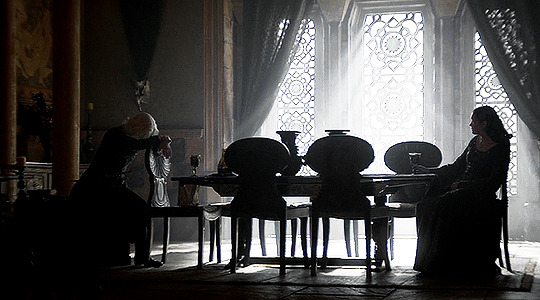
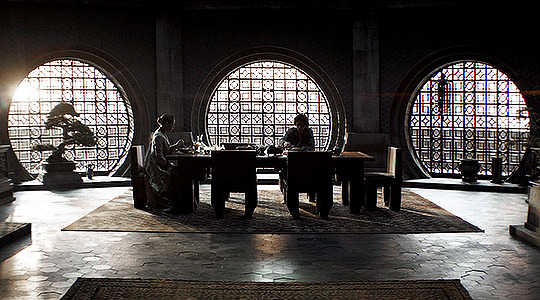
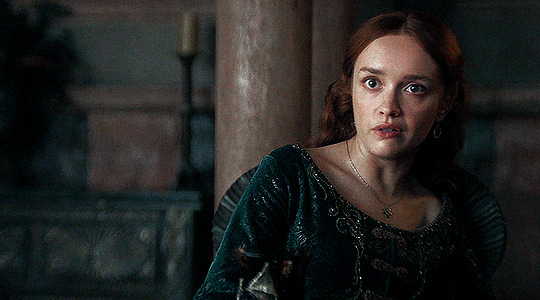
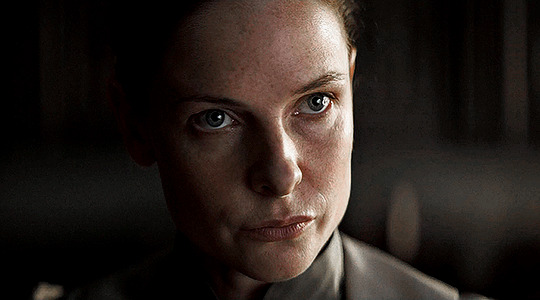
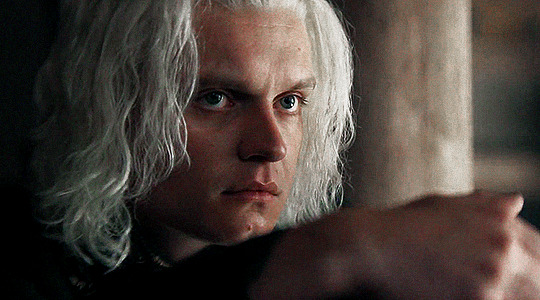
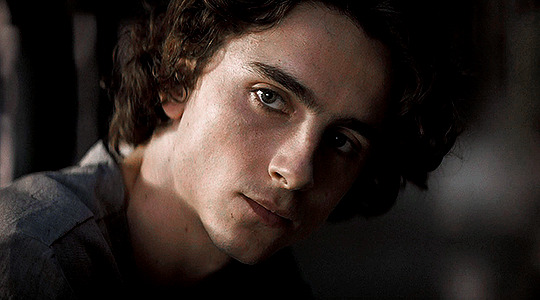
House of the Dragon (2022 - ) // Dune (2021)
#forgot i had this in my drafts lmao#but i'm posting it because the coloring match and i'm kinda proud of it 😌#aegon ii targaryen#alicent hightower#house of the dragon#hotd#hotdedit#jessica atreides#paul atreides#dune#duneedit#mine.edit
784 notes
·
View notes
Text
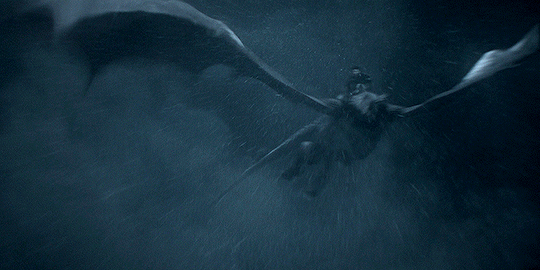


Ewan Mitchell & Tom Glynn-Carney React To House of the Dragon Scenes
#so aegon coded#draft#hotd#house of the dragon#hotdedit#gameofthronesdaily#welighttheway#targaryensource#ewanmitchelldaily#ewan mitchell#tom glynn carney#myedit#aliciagifs
562 notes
·
View notes
Text
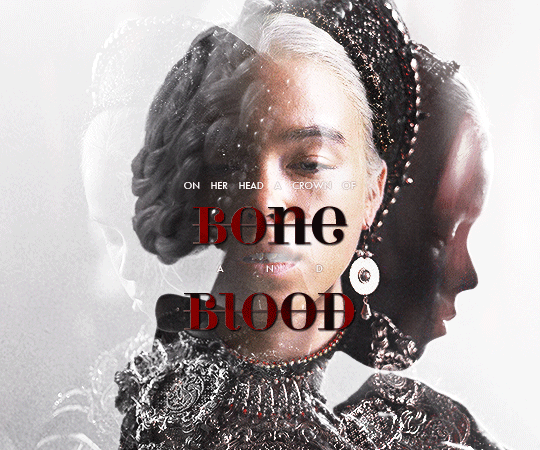
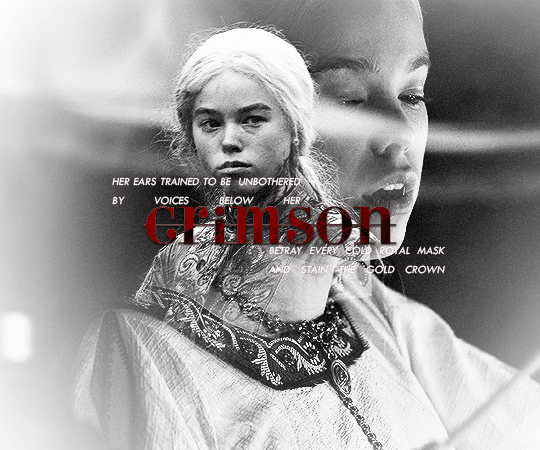
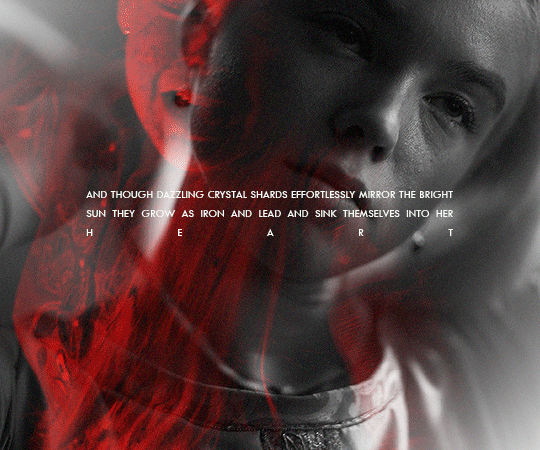
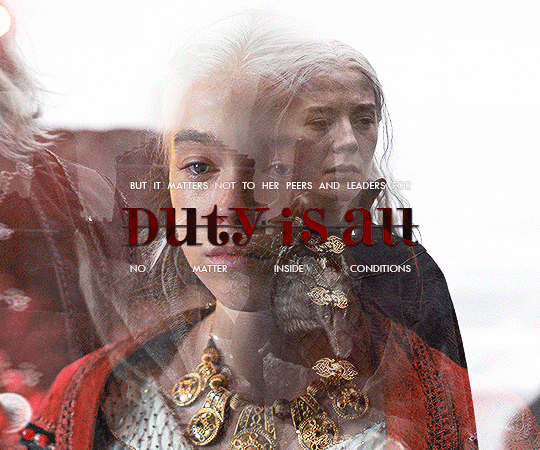
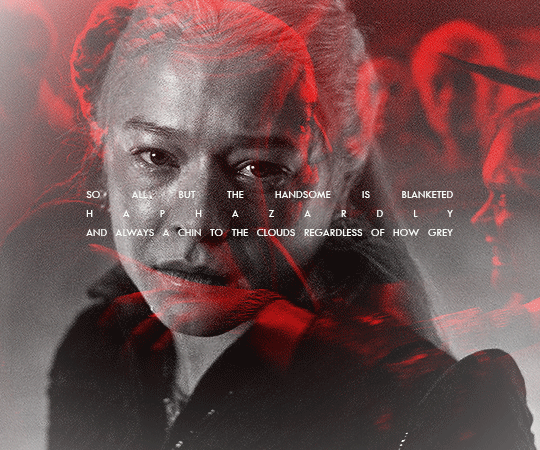
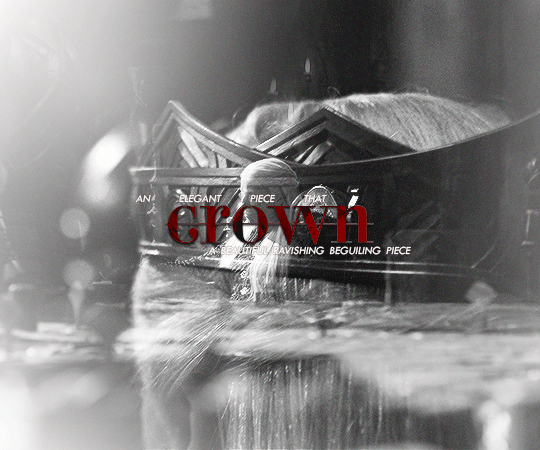
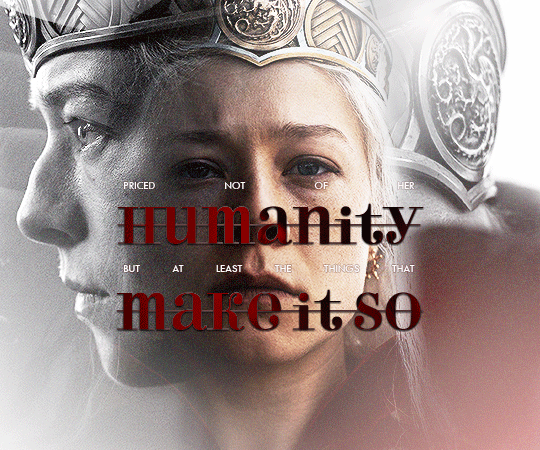
That is her bloods upbringing and her souls downbringing.
That is the stand on which her bloodthirsty crown rests.
weight of a crown - c. belton
#hotdedit#hotdcentral#house of the dragon#hbodaily#targaryensource#gotedit#gameofthronedaily#rhaenyraedit#userbells#userbecca#userhayf#underbetelgeuse#ughmerlin#userconstance#userneve#userzoya#rhaenyra targaryen#mine:gifs#shout out to meg for the emotional support on this set that has been languishing in the drafts for 1.5 years
390 notes
·
View notes
Photo
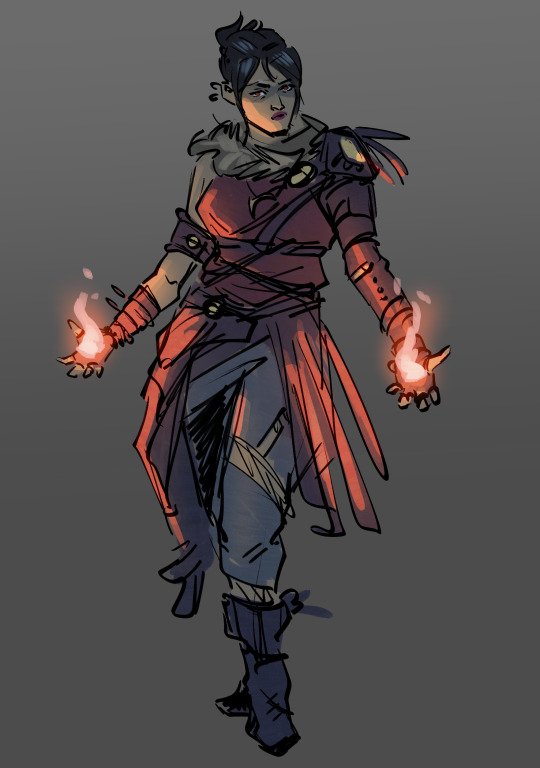

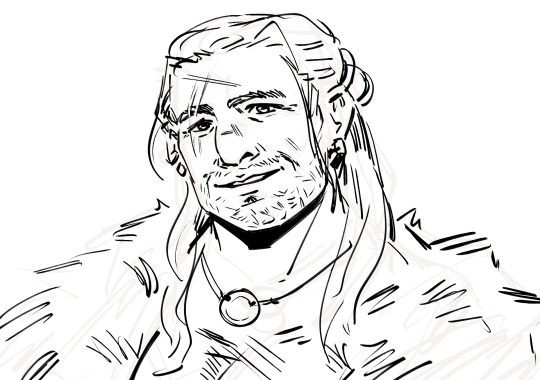
dragon age sketches for patreon from a couple months ago :3
#obligatory dilf varric here#morrigan#alistair theirin#varric tethras#dragon age#concept art morrigan i think of you always and forever#minadraws#forgot i had this in my drafts lol
2K notes
·
View notes
Text

Doodling dragons and unicorns~.
513 notes
·
View notes
Text
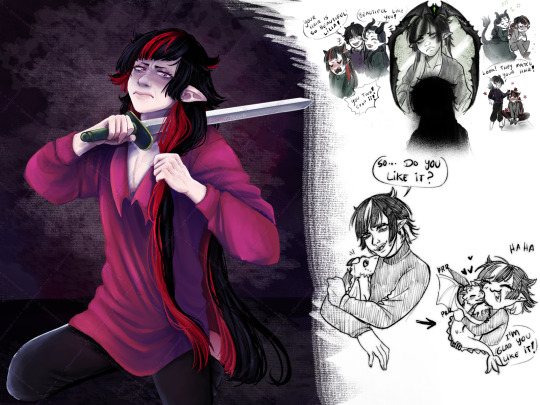

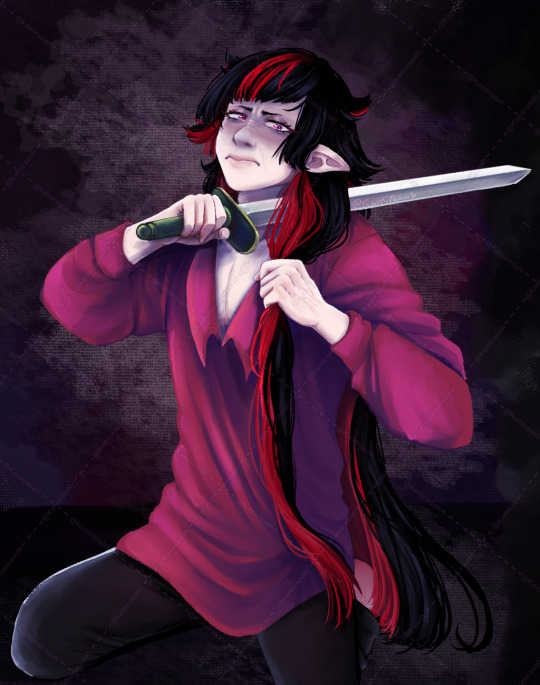

"Your hair is so beautiful Lilia!"
"Beautiful like you!"
"You two! Stop it!"
"Look! They match your hair!"
Remember when I asked who wanted to see Lilia suffering? Well, there it is! More or less….! Just a little headcanon of mine, I like to imagine that Lilia let his hair grow because of Meleanor and Levan who liked to play and touch his hair.
A little reference to the Mulan scene, I don't think Lilia would cut his hair to "erase" the memories he may have with Meleanor or Levan, in a way, but maybe it could have been a way of dealing with the mourning or was it a way of taking the first step towards change?
(Correct me if I'm wrong, but I don't remember if there was any information that explains the reason for the radical change in Lilia's hair.)
#twst#twisted wonderland#fanart#twisted wonderland fanart#twst fanart#twst chapter 7 spoilers#twst lilia#lilia vanrouge#lilia twisted wonderland#twst spoilers#meleanor draconia#levan draconia#baby dragon malleus#baby malleus#angst#kinda#I needed to make reference to the scene from Mulan#some of the drafts might be weird aaaaaa
1K notes
·
View notes
Text
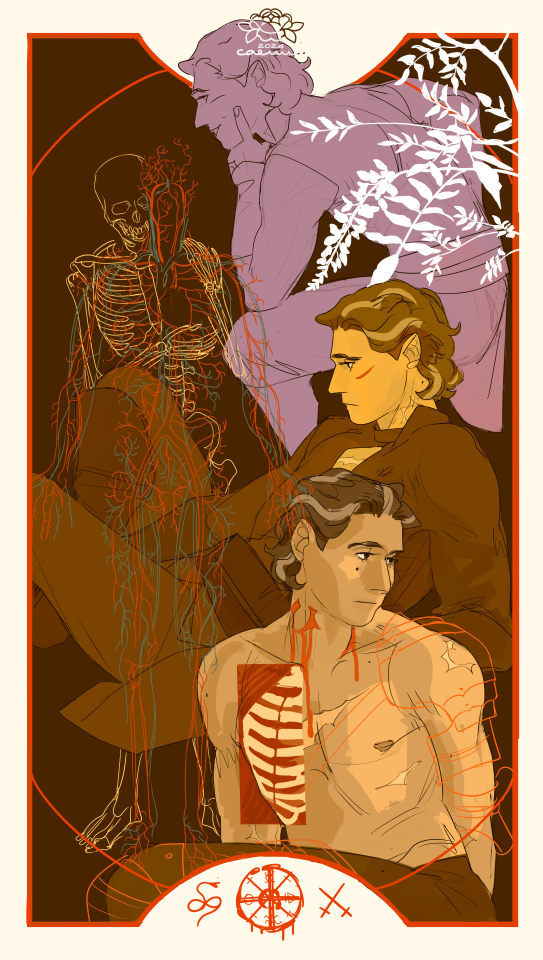
Wheel of Fortune
#dnd#dungeons and dragons#artists on tumblr#tarots#ocs#marsilio#tw blood#dont @ me i drew this weeks ago while on finals stress i just wanted to do anatomy studies n put a bunch of random stuff in it#i know i did better studies but if i keep this in the drafts for longer ill never post it
1K notes
·
View notes
Text
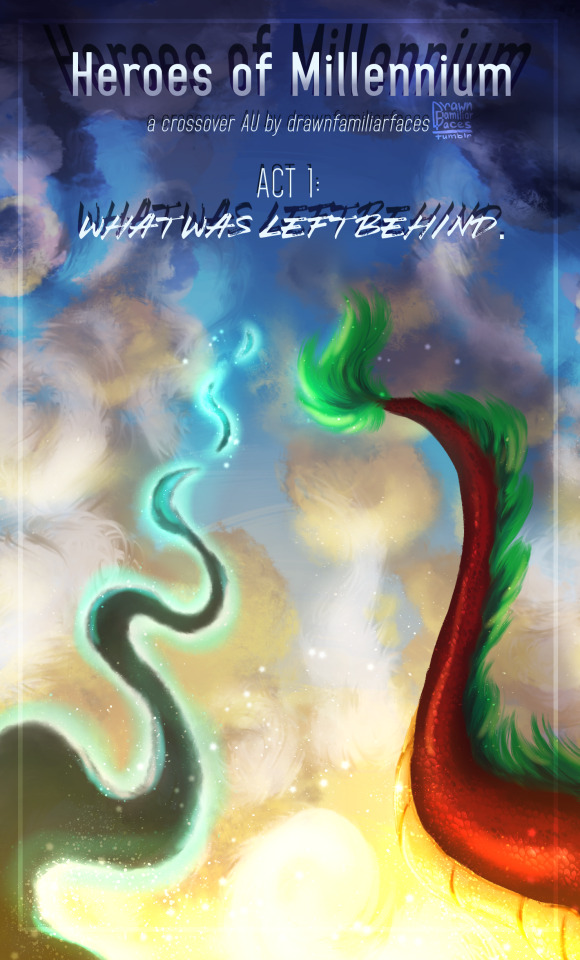
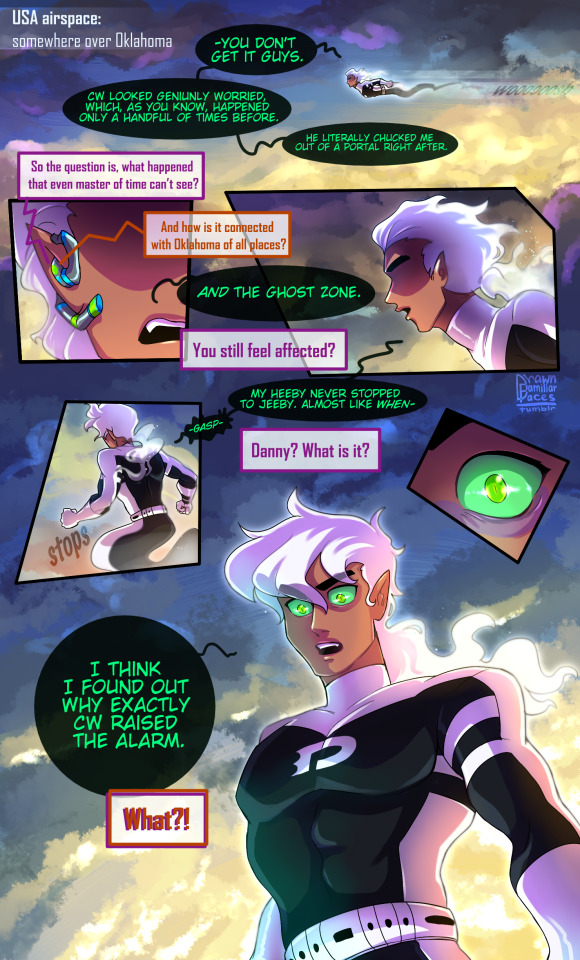
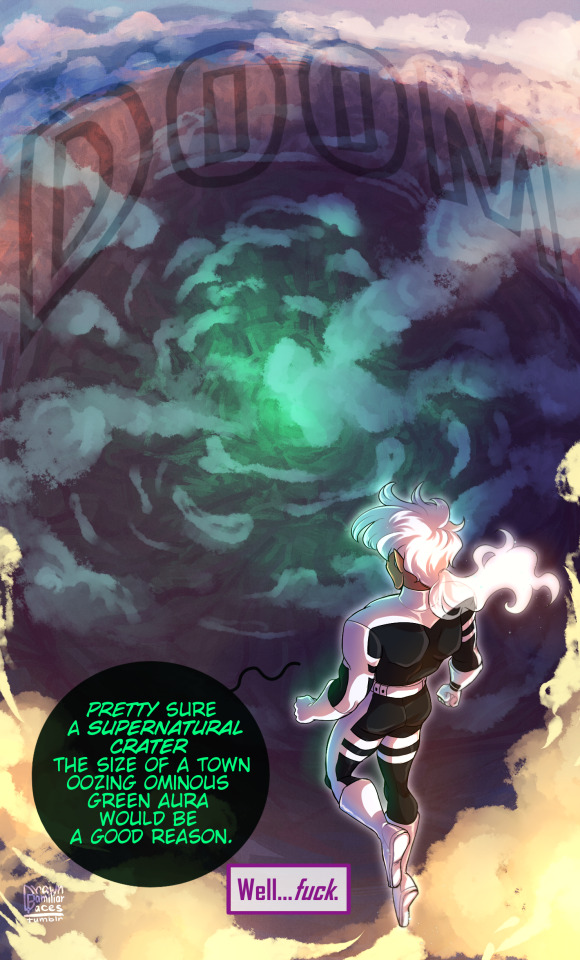
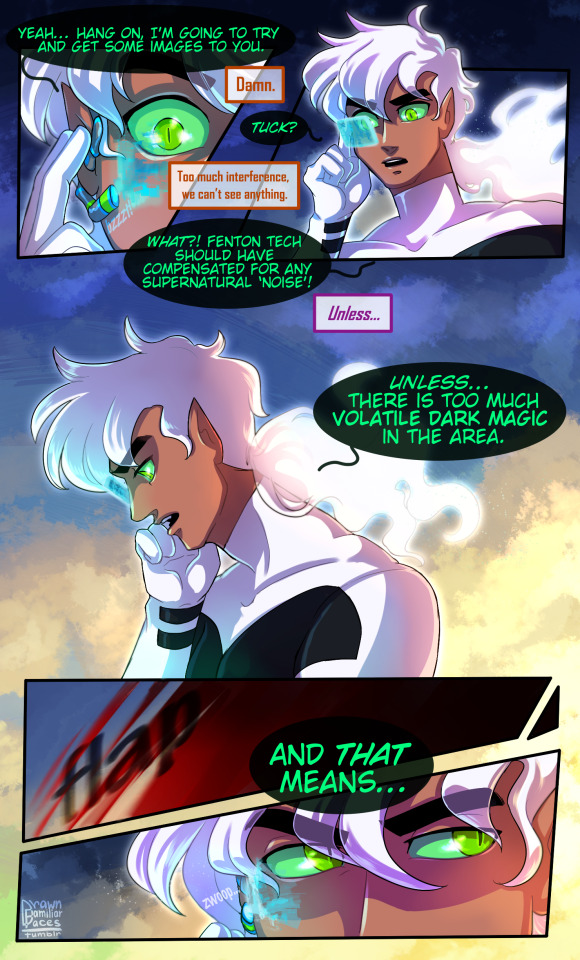
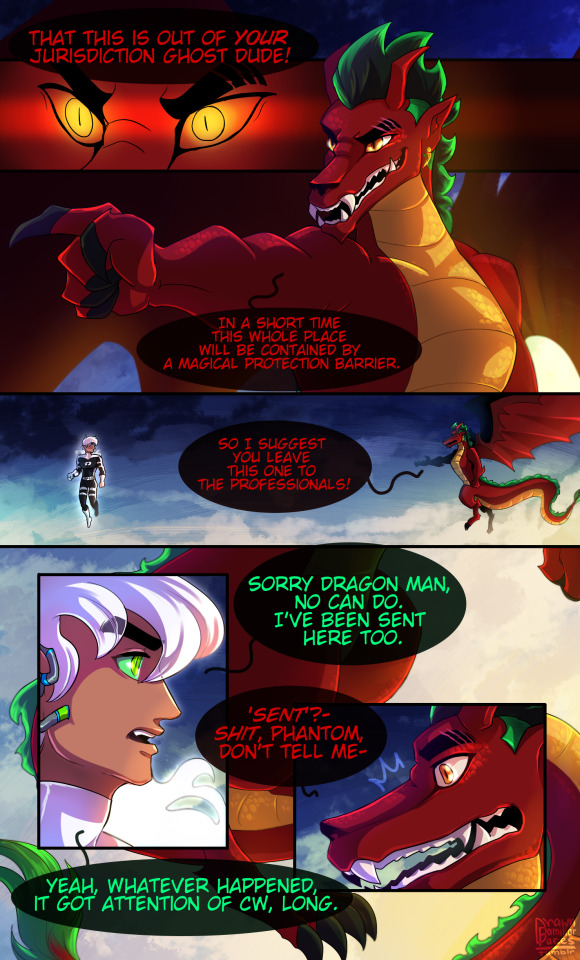
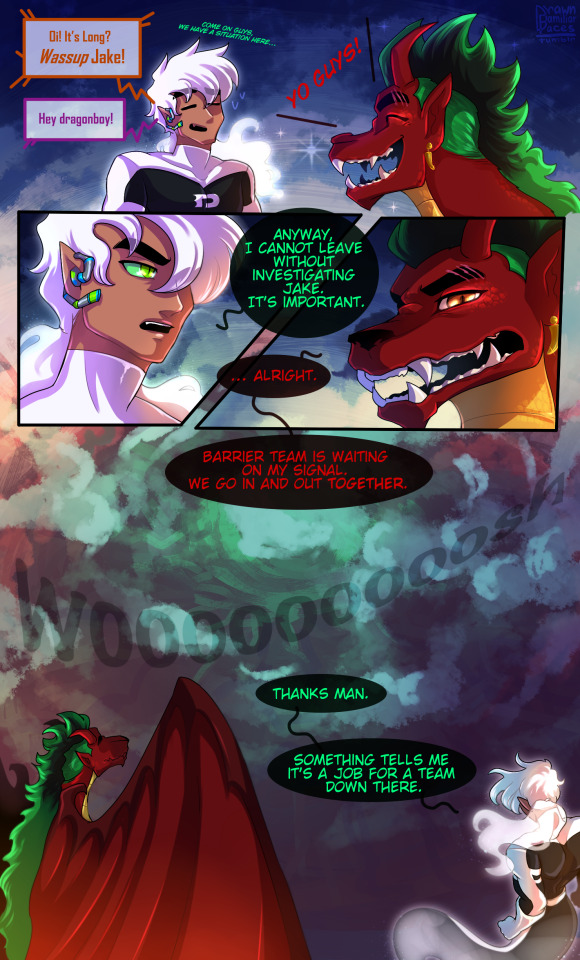

Heroes of Millennium (HoM) AU
Act 1: What was left behind. - Part 1 (page 1-5) -here- -> Part 2
#heroes of millennium au#hom au#danny phantom#dp#jake long#american dragon jake long#adjl#YEEEEEE BABEY WE GETTING DROPPED RIGHT THE FREACK IN!! NO LONG INTROS JUST STRAIGHT UP MEAT HERE BABIES#CAN YOU TELL IM EXCITED EVEN IF I STIL YET TO ACTUALLY DRAW PART 2??? only rough sketch draft still but fuk it#i have 40 pages of rough comic im allowed to be excited of having that much??? never drew comics for shit before#i feel a need to apologize for my jake's dragon 'redesign' but i actually like it so i wont lol#i would apologize for falsely saying i would post it yesterday haha i overestimated my speed and typography took much longer than i hoped..#still prolonged 48 hours is better than not posting at all ;D#if you are confused and have questions dont worry its by design (sorta) lol. everything will be answered wit time...long time
1K notes
·
View notes
Text
i honestly really love how dreamworks animates emotional pain.

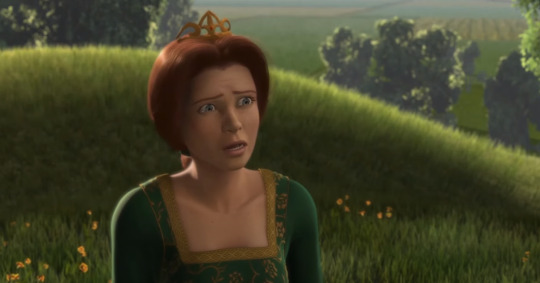

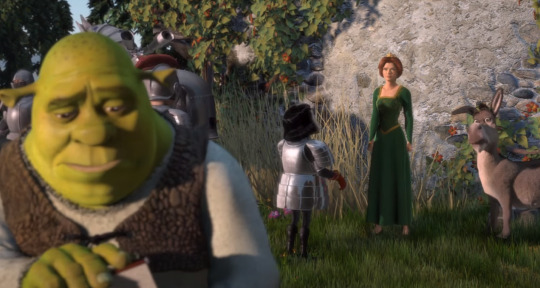

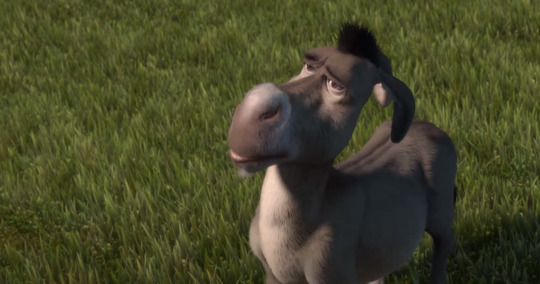
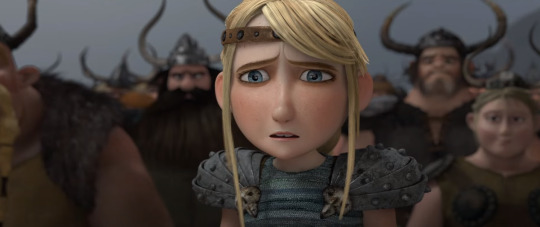
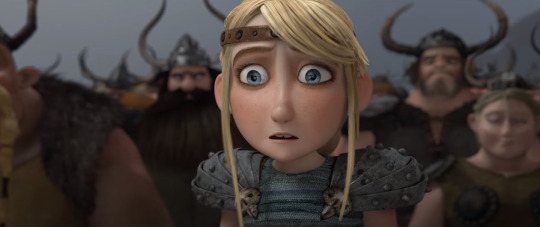
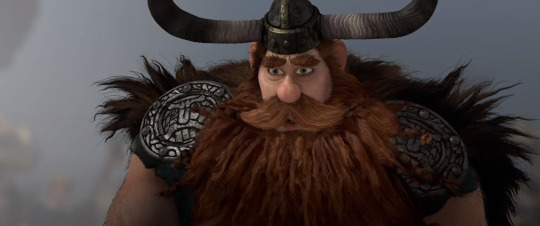
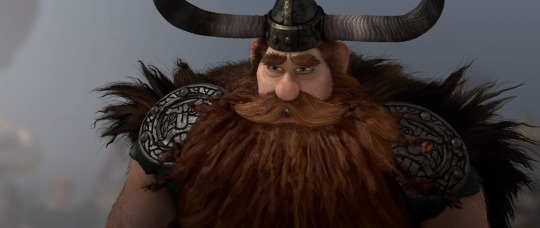
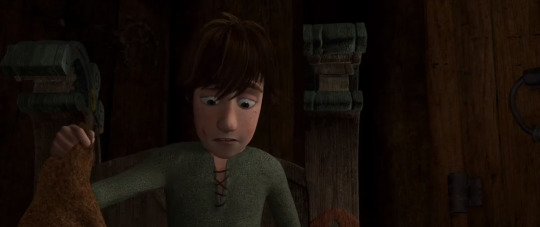
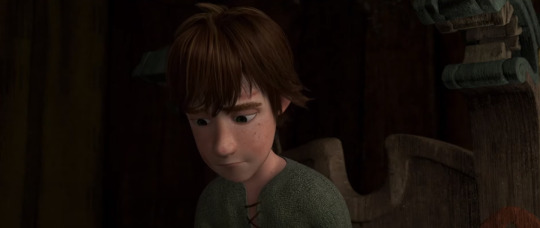
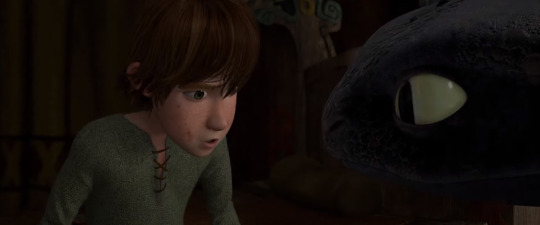
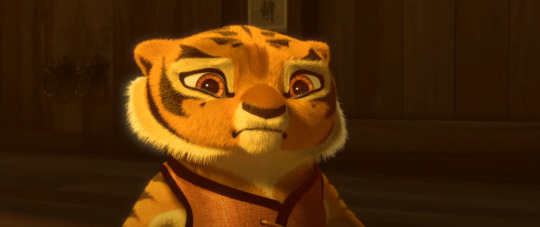
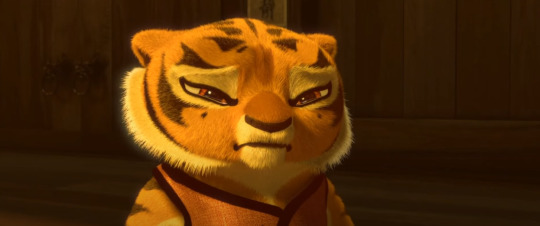

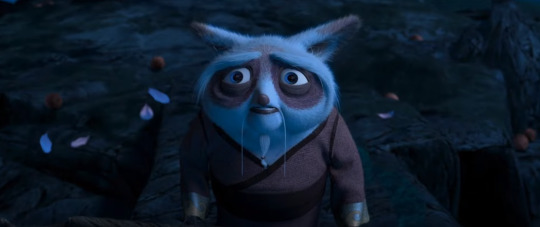
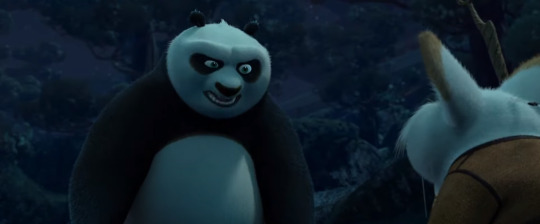

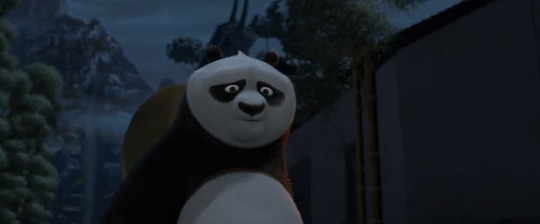
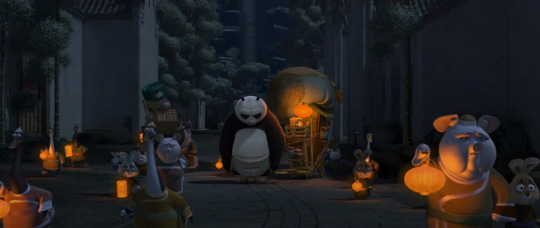
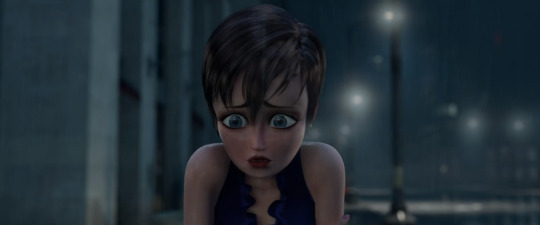
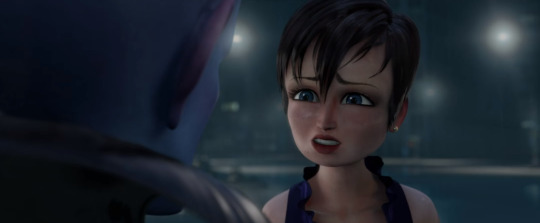


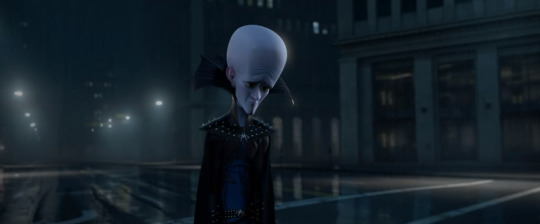
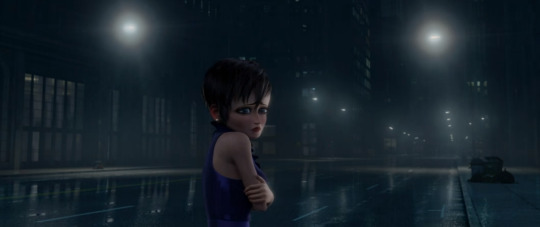
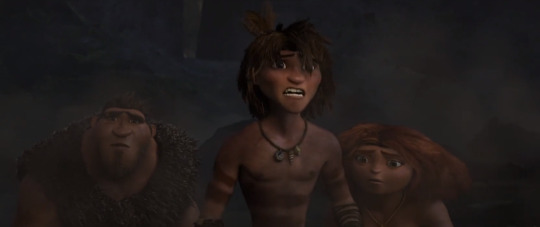
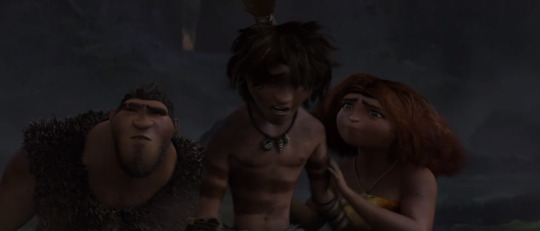
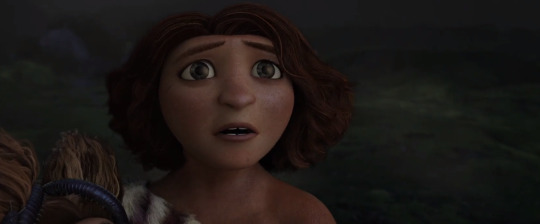


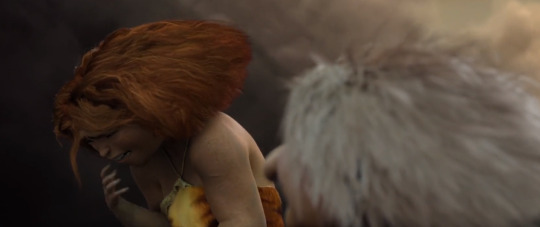

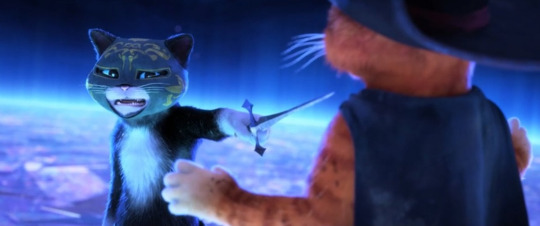
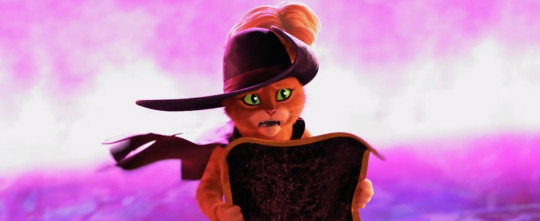
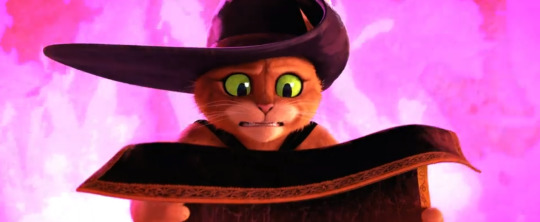
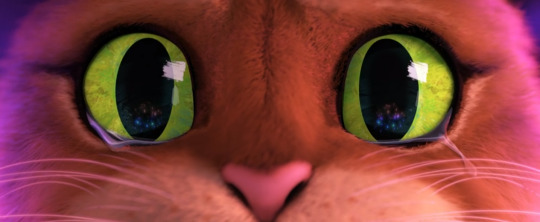
#feel free to add on#im scared of hitting photo limit and this not saving properly in drafts#dreamworks#dreamworks movies#shrek#shrek fiona#how else am i supposed to title her tf#how to train your dragon#how to train your dragon 1#kung fu panda#megamind#the croods#puss in boots#puss in boots the last wish#kitty softpaws#pibltw#httyd#httyd 1#eep the croods#roxanne ritchi#po kung fu panda#po#master shifu#tigress#tigress kung fu panda#hiccup#hiccup httyd#alyssa posts
3K notes
·
View notes
Text
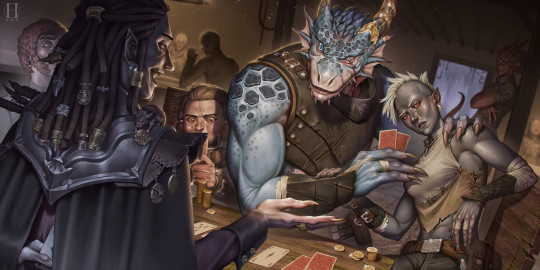
Dm Tip: Playing the Villain/ Guidelines for "Evil" Campaigns
I've never liked the idea of running an evil game, despite how often I've had people in my inbox asking how I'd go about it. I'm all about that zero-to-hero heroic fantasy not only because I'm a goodie twoshoes IRL but because the narrative-gameplay premise that d&d is built around falls apart if the party is a bunch of killhappy murder hobos. Not only would I get bored narrating such a game and indulging the sort of players who demands the freedom to kill and torture at will (I've had those before and they don't get invited back to my table), but the whole conceit of a party falls through when the obviously villainous player characters face their first real decision point and attempt to kill eachother because cooperation is a thing that goodguys do.
Then I realized I was going about it all wrong.
The problem was I had started out playing d&d with assholes, those "murder and torture" clowns who wanted to play grand-theft-auto in the worlds I'd created and ignore the story in favour of seeing how much unchallenged chaos they could create. They set my expectations for what an evil campaign was, and I spent the rest of my time developing as a dungeonmaster thinking " I Don't want any part of that"
But what would an evil campaign look like for my playgroup of emotionally healthy friends who understand character nuance? What would I need to change about the fundamental conceit of d&d adventures to refocus the game on the badguys while still following a similar enough narrative-gameplay premise to a hero game? How do we make that sort of game relatable? What sort of power/play fantasy can we indulge in without going off the deepend?
TLDR: In an evil campaign your players aren't playing the villains, they're the MINIONS, they're mooks, henchmen, goons, lackeys. They're the disposable underlings of uncaring overseers who have nothing but ill intent towards them and the world at large.
Where as in a hero game the party is given the freedom to challenge and overthrow corrupt systems, in an evil game the party is suck as part of that corrupt system, forced to bend and compromise and sacrifice in order to survive. The fantasy is one of escaping that corrupt system, of biding your time just long enough to find an opening, find the right leverage, then tossing a molitov behind you on the way out.
Fundamentally it's the fantasy of escaping a shitty job by bringing the whole company down and punching your asshole boss in the face for good measure.
Below the cut I'm going to get into more nuance about how to build these kinds of narratives, also feel free to check out my evil party tag for campaigns and adventures that fit with the theme.
Designing a campaign made to be played from the perspective of the badguys requires you to take a different angle on quest and narrative design. It’s not so simple as swapping out the traditionally good team for the traditionally bad team and vis versa, having your party cut through a dungeon filled with against angel worshiping holyfolk in place of demon worshipping cultists etc.
Instead, the primary villain of the first arc of the campaign should be your party’s boss. Not their direct overseer mind you, more CEO compared to the middle managers your party will be dealing with for the first leg of their journey. We should know a bit about that boss villain’s goals and a few hints at their motivation, enough for the party to understand that their actions are directly contributing to that inevitable doom.
“Gee, everyone knows lord Heldred swore revenge after being banished from the king’s council for dabbling in dark magic. I don’t know WHY he has us searching for these buried ancient tablets, but I bet it’s not good”
Next, you need a manager, someone who’s a part of the evil organization that the party directly interfaces with. The manager should have something over the party, whether it be threats of force, blackmail, economic dependency… anything that keeps the antiheroes on the manager’s leash. Whether you make your manager an obvious asshole or manipulative charmer, its important to maintain this power imbalance: The party arn’t going to be rewarded when the boss-villain’s plan goes off, the manager is, but the manager’s usefulness to the boss-villain is contingent on the work they’re getting the party to do. This tension puts us on a collison course to our first big narrative beat: do the party get tired of the manager’s abuse and run away? Do they kill the manager and get the attention of the upper ranks of the villainous organization? Do they work really hard at their jobs despite the obvious warning signs and outlive their usefulness? Do they upstage their manager and end up getting promoted, becoming rivals for the boss-villain’s favor?
Building this tension up and then seeing how it breaks makes for a great first arc, as it lets your party determine among themselves when enough is enough, and set their goals for what bettering the situation looks like.
As for designing those adventures, you’ll doubtlessly realize that since the party arn’t playing heroes you’ll need to change how the setup, conflict, and payoff work. They’re still protagonists, we want them to succeed after all, but we want to hammer home that they’re doing bad things without expecting them to jump directly to warcrimes.
Up to no good: The basic building block of any evil campaign, our party need to do something skullduggerous without alerting the authorities. This of course is going to be easier said than done, especially when the task spins out of control or proves far more daunting than first expected. The best the party can hope for is to make a distraction and then escape in the chaos, but it will very likely end with them being pursued in some manner (bounties, hunters, vengeful npcs and the like). Use this setup early in a campaign so you have an external force gunning for your party during the remainder of their adventures.
Dog eat dog: It’s sort of cheating to excuse your party’s villainous actions by having them go up against another villain who happens to be worse than they are. The trick is that we’re not going after this secondary group of outlaws because they’re bad, we’re doing it because they’ve either got something the boss wants, or they’re edging in on the boss’s turf. This sort of plotline sees the party disrupting or taking advantage of a rival’s operation, then taking over that operation and risking becoming just as villainous as that rival happened to be. This can also be combined with an “Up to no good” plot where both groups of miscreants need to step carefully without alerting an outside threat.
The lesser evil: This kind of plot sees your party sent out to deal with an antagonistic force that’s a threat not only to the boss’s plans but to everyone in general. In doing so they might end up fighting alongside some heroes, or accidentally doing good in the long run. This not only gives your party a taste of heroism, but gives them something in their back pocket that could be used to challenge the boss-villain in the future.
The double cross: In order to get what they want, the party need to “play along” with a traditional heroic narrative long enough to get their goal and then ditch. You have them play along specifically so they can get a taste of what life would be like if they weren't bastards, as well as to make friends with the NPCs inevitably going to betray. This is to make it hurt when you have the manager yank the leash and force the party to decide between finishing the job , or risk striking out on their own and playing hero in the short term while having just made a long term enemy. This is sort of plot is best used an adventure or two into the campaign, as the party will have already committed some villainous deeds that one good act can’t blot out.
Next, lets talk about the sort of scenarios you should be looking to avoid when writing an evil campaign:
Around the time I started playing d&d there was this trend of obtusely binary morality systems in videogames which claimed to offer choice but really only existed to let the player chose between the power fantasy of being traditionally virtuous or the power fantasy of being an edgy rebel. Early examples included:
Do you want to steal food from disaster victims? in Infamous
Do you as a space cop assault a reporter who’s being kind of annoying to you? in Mass Effect
Do you blow up an entire town of innocent people for the lols? in Fallout (no seriously check out hbomberguy’s teardowm on fallout 3’s morality system and how critics at the time ate it up)
I think these games, along with the generational backwash of 90s “edge” and 00s “grit” coloured a lot of people's expectations ( including mine) about what a "villain as protagonist" sort of narrative might look like. They're childish exaggerations, devoid of substance, made even worse by how blithely their narratives treat them.
Burn down an inn full of people is not a good quest objective for an evil party, because it forces the characters to reach cartoonish levels of villainy which dissociates them from their players. Force all the villagers into the inn so we can lock them inside and do our job uninterrupted lets the party be bad, but in a way that the players can see the reason behind it and stay synced up with their characters. The latter option also provides a great setup for when the party's actually monstrous overseer sets the inn on fire to get rid of any witnesses after the job is done. Now the party (and their players) are faced with a moral quandary, will they let themselves be accessories to a massacre or risk incurring their manager's wrath? Rather than jumping face first into cackling cruelty, these sorts of quandaries have them dance along the knife's edge between grim practicality and dangerous uncertainly; It brings the player and character closer together.
Finally, lets talk about ending the villain arc:
I don't think you can play a whole evil campaign. Both because the escalation required is narratively unsustainable, but also because the most interesting aspect of playing badguys is the breaking point. Just like heroes inevitably having doubts about whether or not they're doing the right thing, there's only so long that a group of antiheroes can go along KNOWING they're doing the wrong thing before they put their feet down and say "I'm out". I think you plan a evil campaign up until a specific "there's no coming back from this" storybeat, IE letting the Inn burn... whether or not the party allows it to happen, it's the lowest point the narrative will allow them to reach before they either fight back or allow themselves to be subsumed. If they rebel, you play out the rest of the arc dismantling the machine they helped to build, taking joy in its righteous destruction. If they keep going along, show them what they get for being cogs: inevitably betrayed, sacrificed, or used as canon fodder when the real heroes step in to do their jobs for them.
Art
#dm tip#dm tips#writing advice#evil party#drafting the adventure#dnd#d&d#dungeons and dragons#blades in the dark#ttprg#pathfinder
423 notes
·
View notes